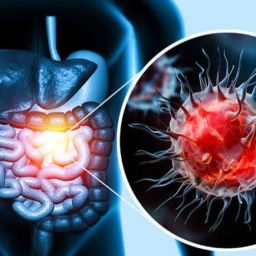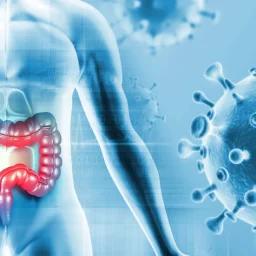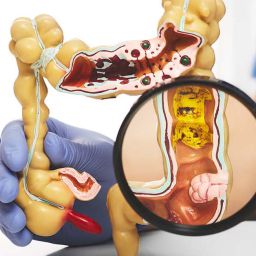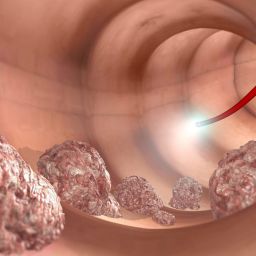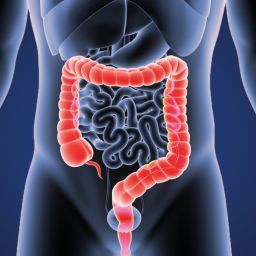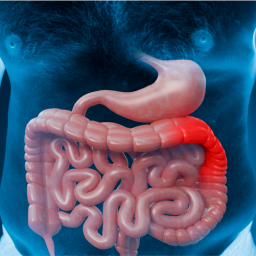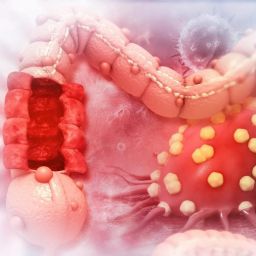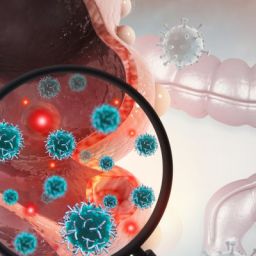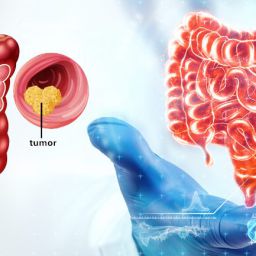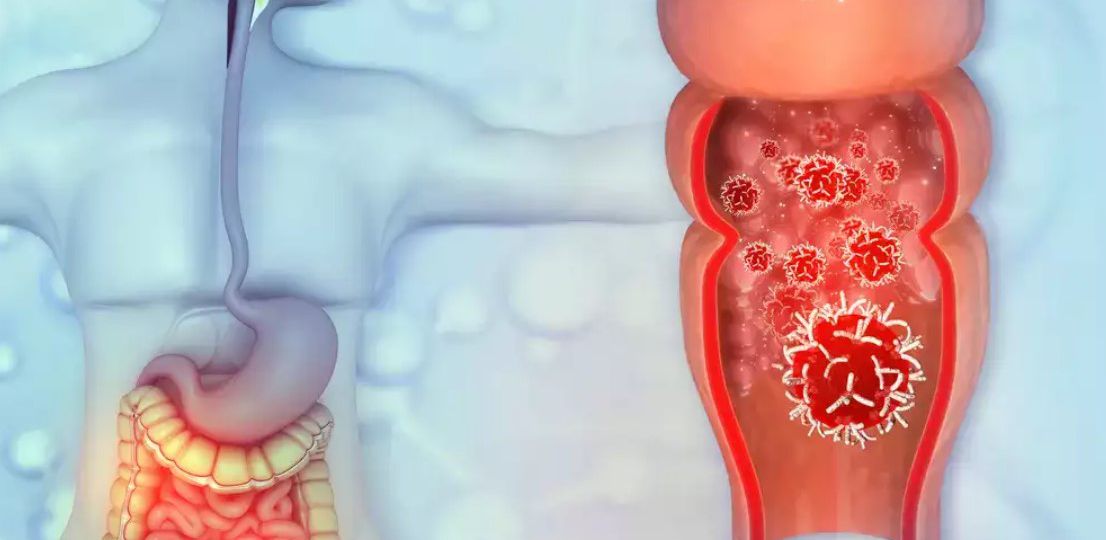
The Importance of Colon Health
The colon is a vital part of the digestive system, and its health is closely tied to diet. An unhealthy colon can lead to digestive issues like constipation, diarrhea, bloating, and more severe conditions such as inflammatory bowel disease (IBD) and colorectal cancer. The foods we consume can either support the colon’s natural functions or disrupt its balance, leading to adverse health outcomes.
Foods That Protect Colon Health
Certain foods have proven benefits for colon health, including reducing inflammation, promoting beneficial gut bacteria, and lowering the risk of colon-related diseases. Here are the key categories of protective foods:
1. High-Fiber Foods
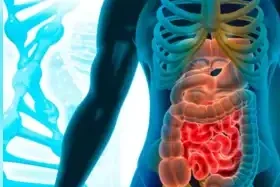
Fiber is essential for maintaining regular bowel movements and supporting a healthy gut microbiome. It comes in two forms: soluble and insoluble.
- Soluble Fiber: Dissolves in water to form a gel-like substance, aiding in the absorption of nutrients and regulation of blood sugar levels. Sources include:
- Oats
- Apples
- Beans
- Carrots
- Insoluble Fiber: Adds bulk to stool, promoting regularity and preventing constipation. Sources include:
- Whole grains (brown rice, quinoa)
- Nuts
- Seeds
- Vegetables like spinach and kale
Fiber also ferments in the colon, producing short-chain fatty acids (SCFAs) that reduce inflammation and support colon cell health.
2. Fermented Foods
Fermented foods are rich in probiotics, beneficial bacteria that enhance gut microbiome diversity. A healthy gut microbiome improves digestion, strengthens immunity, and reduces the risk of colon diseases. Probiotic-rich foods include:
- Yogurt with live cultures
- Kefir
- Sauerkraut
- Kimchi
- Miso
- Tempeh
3. Fruits and Vegetables
Fruits and vegetables are rich in vitamins, minerals, fiber, and antioxidants that protect colon cells from damage. Cruciferous vegetables like broccoli, cauliflower, and Brussels sprouts contain sulforaphane, a compound that has anti-cancer properties. Other beneficial options include:
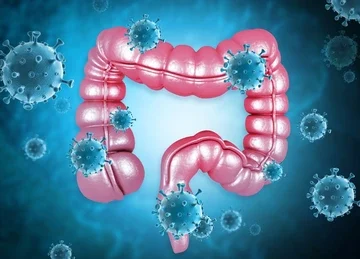
- Berries (blueberries, strawberries)
- Citrus fruits (oranges, lemons)
- Leafy greens (spinach, arugula)
- Carrots and sweet potatoes (rich in beta-carotene)
4. Whole Grains
Whole grains are excellent sources of fiber, vitamins, and minerals. Unlike refined grains, whole grains retain their bran and germ, which are nutrient-dense. Examples include:
- Brown rice
- Oats
- Barley
- Quinoa
- Whole wheat bread and pasta
5. Healthy Fats
Omega-3 fatty acids have anti-inflammatory properties that benefit colon health. These healthy fats can reduce the risk of inflammatory bowel diseases and colon cancer. Sources include:
- Fatty fish (salmon, mackerel, sardines)
- Flaxseeds
- Chia seeds
- Walnuts
6. Legumes
Beans, lentils, chickpeas, and peas are high in fiber, protein, and resistant starch—a type of carbohydrate that feeds beneficial gut bacteria. Regular consumption of legumes is associated with a lower risk of colon cancer.
7. Green Tea
Green tea contains polyphenols, powerful antioxidants that protect colon cells from damage and reduce inflammation. Studies suggest that regular consumption of green tea may lower the risk of colon cancer.
Foods That Pose Risks to Colon Health
While some foods protect colon health, others can increase the risk of inflammation, digestive problems, and colon diseases. Here are the categories of foods to limit or avoid:
1. Red and Processed Meats
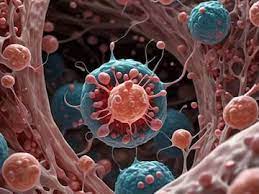
Red meat (beef, pork, lamb) and processed meats (hot dogs, bacon, sausages) have been linked to a higher risk of colorectal cancer. This is due to:
- High levels of saturated fats
- Carcinogenic compounds like nitrites and nitrates used in preservation
- Heterocyclic amines (HCAs) and polycyclic aromatic hydrocarbons (PAHs) formed during high-temperature cooking
2. Refined Grains
Refined grains, such as white bread, pasta, and rice, have been stripped of their fiber and nutrients. Consuming too many refined grains can lead to constipation and an imbalance in gut bacteria.
3. Sugary Foods and Beverages
Excessive sugar intake can promote inflammation and an imbalance in the gut microbiome. Sugary foods and drinks, such as candies, cakes, sodas, and energy drinks, can harm colon health when consumed in excess.
4. Fried and High-Fat Foods
Foods high in unhealthy fats, particularly trans fats, can cause inflammation and disrupt digestion. Examples include:
- Fast food (fries, burgers)
- Packaged snacks (chips, crackers)
- Baked goods made with hydrogenated oils
5. Alcohol
Excessive alcohol consumption is a known risk factor for colorectal cancer. Alcohol can irritate the lining of the colon, promote inflammation, and disrupt gut microbiome balance.
6. Artificial Additives
Foods with artificial sweeteners, preservatives, and additives can negatively affect the gut. For example:
- Artificial sweeteners (like aspartame and saccharin) may alter gut microbiota.
- Preservatives and emulsifiers found in processed foods may cause inflammation in the digestive tract.
7. Low-Fiber Diets
Diets lacking in fiber contribute to sluggish digestion, constipation, and a higher risk of developing polyps or colon cancer over time.
Practical Tips for a Colon-Healthy Diet
To protect your colon and reduce risks, follow these practical dietary tips:
- Incorporate Variety: Eat a diverse range of fruits, vegetables, whole grains, and lean proteins to ensure a balanced intake of nutrients.
- Hydrate: Drink plenty of water to support digestion and prevent constipation.
- Moderation Is Key: Limit consumption of red and processed meats, sugary snacks, and alcohol.
- Experiment with Plant-Based Meals: Incorporate meatless meals using legumes, tofu, or tempeh to reduce saturated fat intake.
- Prioritize Meal Preparation: Cooking meals at home allows for better control of ingredients and reduces reliance on processed foods.
Emerging Research on Diet and Colon Health
Ongoing research continues to uncover new insights into how diet influences colon health:
- Personalized Nutrition: Advances in genetics and microbiome studies are paving the way for personalized dietary recommendations based on an individual’s unique biology.
- Resistant Starch: Found in foods like green bananas and cooked, cooled rice, resistant starch is gaining attention for its potential to improve gut health and reduce colon cancer risk.
- Polyphenols: Found in foods like dark chocolate, red wine (in moderation), and olive oil, polyphenols are being studied for their anti-inflammatory and anti-cancer properties.
Maintaining colon health requires a thoughtful approach to nutrition. Foods rich in fiber, antioxidants, and healthy fats provide essential protection, while excessive consumption of red meats, refined grains, and processed foods can increase risks. By prioritizing a balanced, plant-forward diet and staying informed about emerging research, individuals can significantly improve their colon health and overall well-being.
Empowering yourself with knowledge and making mindful food choices can pave the way to a healthier future, free from preventable colon-related diseases.

